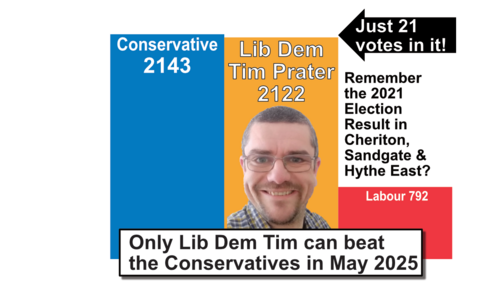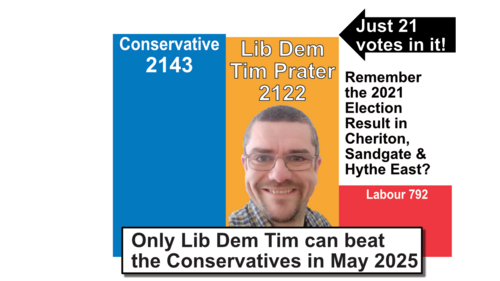The Budget: Cleaning Up Labour's Financial Mess
I've been clear in the past why we have to take difficult decisions to tackle the deficit and lay the foundations of a fairer society. These are not decisions that any government wants to take but we have no choice except to clear up the financial mess that Labour left us. Today's Budget takes these difficult decisions in an honest and fair way and with the clear stamp of Liberal Democrat values running through it.
In the past, efforts to tackle a big deficit have always hit the poorest the most. The coalition has ensured that - for the first time - this will not happen. The richest will pay the most, while pensioners and children will be protected.
Look through the Budget and you will see key policies we campaigned for being put into effect.
The £1,000 increase in the Income Tax allowance will mean that 880,000 low paid workers will be freed from Income Tax altogether. This is the first step towards delivering our manifesto commitment to ensure no-one pays tax on the first £10,000 they earn.
The Budget puts in place our promise of a new tax on banks, ensuring that they help to pay to clear up the mess left by the financial crisis.
Top earners will pay a full 10% more in Capital Gains Tax than under Labour, with no loopholes or tapers or get-out clauses. That change helps ensure those with the broadest shoulders take the greatest strain.
We will guarantee that pensioners get a fair deal, putting into effect the Liberal Democrat manifesto commitment for a "triple lock", so state pensions rise every year in line with earnings, inflation, or by 2.5%, whichever is the highest. Never again will pensioners be allowed to fall behind.
The Coalition Government will not let regions, towns or cities that depend heavily on the public sector be forgotten. That's why this Budget establishes a regional growth fund to ensure those parts of the country get meaningful support to help create jobs and opportunities for all.
Tackling Child Poverty remains at the heart of the government's approach. So while we have decided to cut child tax credits for those who can most afford it, we have increased tax credits for the poorest families and put up to £ 2 billion into child tax credits to help ensure children of all backgrounds get a fair start in life.
These measures will ensure that the burden of deficit reduction is shared fairly across society.
This Government is being honest with people about the road ahead. Together, we can make it through these difficult times and restore health to our economy and to the public finances. These difficult choices are the foundation stones for the fairer Britain we will build over the next five years.

Sign up
for email updates


